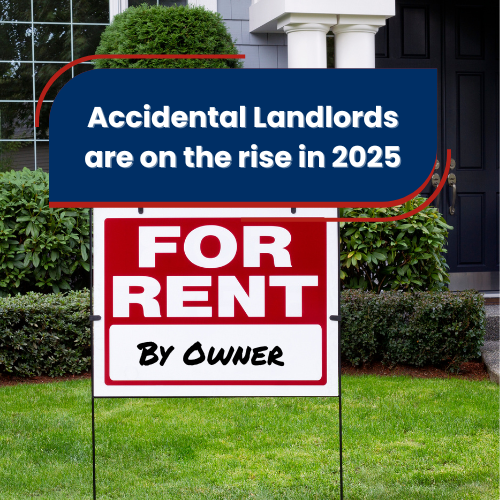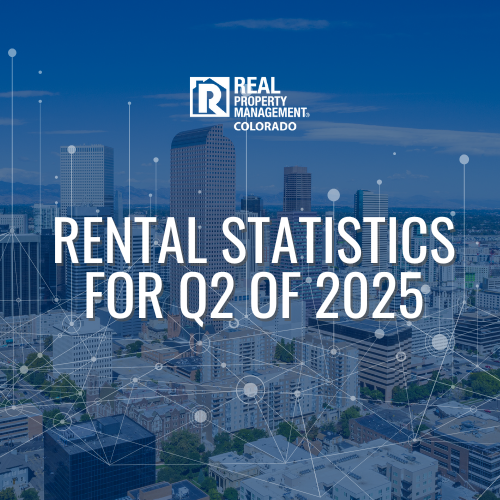Life happens. We all understand that. So what happens if your tenant asks to sublet your Centennial rental property? Whether it’s due to an unforeseen move in the middle of the lease or just to have someone help with the rent payment to save money, assess the situation fully before agreeing to let your tenants sublet your property.

Understanding The Question
Clarity is key. This is true for every aspect of property management. Make sure you understand exactly what your tenant is asking when they approach you about subletting. Are they planning to leave the lease early or are they looking to rent all or part of the home to someone else? There’s a difference between subletting and subleasing a home. Subletting involves a new tenant taking over the lease entirely with the landlord. Subleasing involves the current tenant renting out all or part of the space to a new renter, essentially taking on part of the landlord mantel and acting as a middleman between the actual landlord and their new renter. This could be as simple as renting out a room for the duration of the lease or renting out the entire space for a short time, like through AirBnB or other vacation rental sites. Both processes come with pros and cons for a landlord, so make sure you understand the question thoroughly before making a decision.
Should I Let My Tenants Sublet?
This is another one of those loaded property management questions. It doesn’t have an easy yes or no answer. Some states have laws surrounding whether or not a landlord can forbid their tenant from subletting/subleasing a home. For that reason, do your homework and make sure you lease agreement properly addresses these types of situations. For instance, you might include a clause that states your tenant is not allowed to sublease the property without written permission from you as the landlord. Be sure to consult with a real estate attorney about how best to address this in your lease agreement.

Pros and Cons
The biggest risk of allowing your tenant to sublet or sublease your Centennial rental property is not knowing who is living in your home. You don’t know if they’re qualified for the home based on the same criteria your current tenant met. You also don’t have a legal agreement with them. So what happens if your tenant bails? You now have someone living in the home you know nothing about and don’t have a lease agreement with. Big risk.
On the plus side, if you have a responsible tenant and subletter, you don’t have a gap in cash flow. On the downside, there’s a lot more liability and risk involved by not knowing who is living in your home.
Best Practices
When it comes to either subleasing or subletting requests, there are a few best practices that can help minimize your risk and liability as a landlord. First and foremost address these types of situations. That way you have something to fall back on should your tenants sublet or sublease the home without your permission. Discuss this with your attorney when drafting your agreement to ensure you have a solid document to stand on.
The second would be requiring all adults living in the home to be named on your lease agreement vs allowing your tenant to create a separate agreement with the sub-tenant. That way, you’re able to collect an application and conduct the same thorough screening on the sub-renter that was done for your current tenant. The same goes for subletting the home should your tenant have a reason to move-out early. This allows you to help the tenant with their need for a new renter while also giving you peace of mind and security if something goes wrong.

Renting your home involves risk. You can’t control how someone else lives in your home or whether or not they’ll follow the lease agreement. It’s why having a solid lease agreement and procedures for subletting/subleasing should be a priority. Make sure to discuss this with your tenants from the start to ensure there are no misunderstandings. And if you’d rather not go through this on your own to begin with, hiring a property manager like Real Property Management Colorado to do it for you is a huge plus! We have the knowledge and resources to deal with any and every tenant situation, so you can rest assured in the knowledge that your investment is taken care of.





